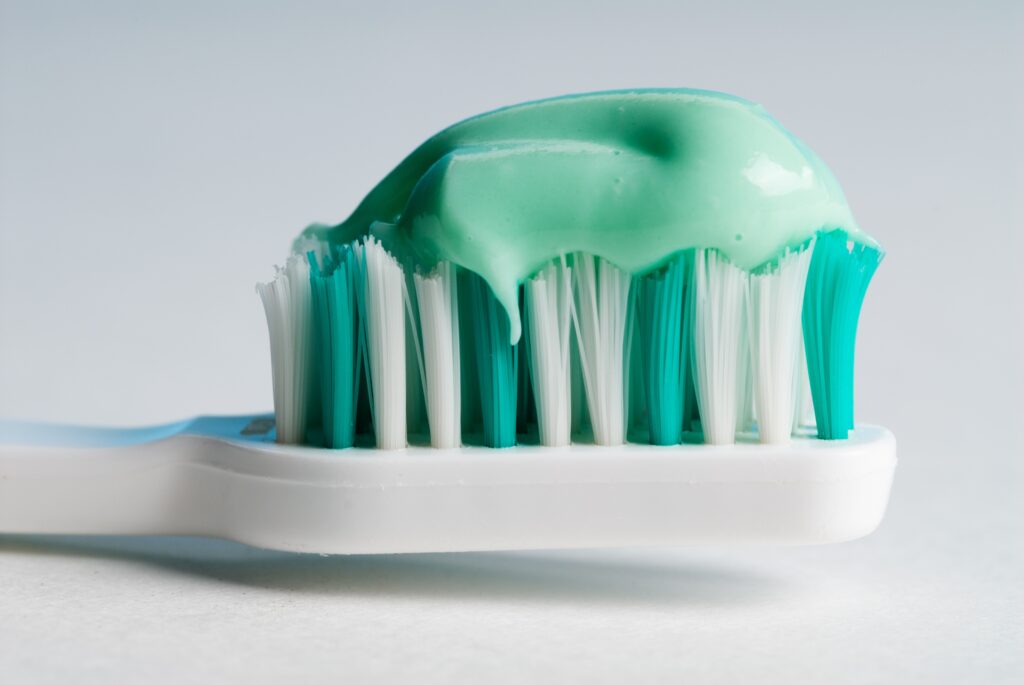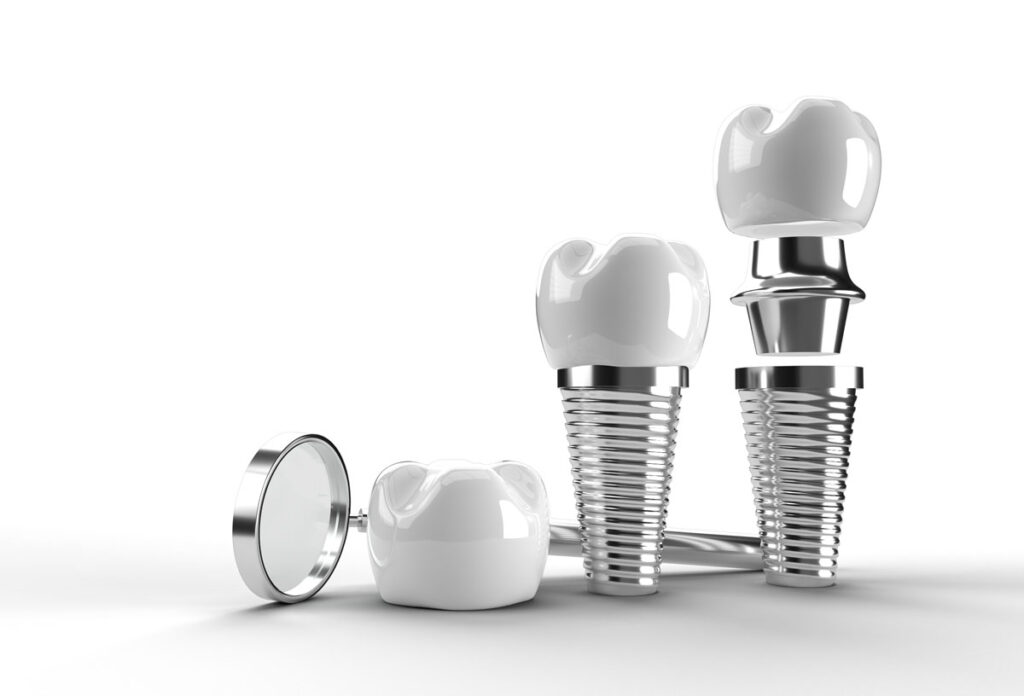Updated: 1/20/2020
Have you ever had a sharp or lingering pain in your mouth? Did you wonder if it was something serious or mild? Did you think about seeing the dentist? While a toothache is not uncommon, many people are unsure about what action to take or when they should see a dentist. This article will help you recognize symptoms for when you should be concerned about a toothache.
1. When Should You Be Concerned About a Toothache?
If you have a toothache, it’s important to know if you have an infected tooth to avoid the dangers of a tooth abscess. You should be concerned about a toothache when…
- The toothache has lasted longer than 1-2 days.
- The toothache is causing severe pain.
- You are experiencing a fever or chills.
- You have an earache, or pain when you open your mouth.
If you are experiencing these symptoms, go to a dentist or doctor as soon as possible.
2. Symptoms and Causes of a Toothache
Besides the obvious symptoms that could be connected to a toothache:
- A Facial Rash
- Bleeding from Gums
- Chest Pain
- Excessive Pain
- Jaw Pain
- Sharp (or dull) Pain in or Around the Tooth
- Trouble Chewing or Swallowing
A toothache is not something that has one direct cause – it could be the result of many things. Read the list below to discover what might be the source of your pain.
Abscessed Tooth
An abscessed tooth (or infected tooth) is generally the result of a different oral health issue (e.g. a cavity) left untreated. The tooth can become infected and begin to cause severe pain and swelling. This is a serious medical condition that should not be ignored. Talk to your dentist or doctor immediately to solve the problem.

Photo by Tasayu Tasnaphun / CC-BY-NC-ND
Cavity or Tooth Decay
Tooth decay – or a cavity – can cause such a bad condition that it begins to cause pain in the tooth. To resolve the pain, talk to your dentist as soon as possible to schedule an appointment for a filling. Don’t let it go untreated, as that will only cause more pain (and cost more money to fix).
Cracked Tooth
A cracked tooth can be the result of many things, including a bad bite, poor oral hygiene or a trauma to the mouth. Obviously, having a cracked tooth is extremely painful and can cause a toothache. Your dentist might suggest a root canal depending on how bad the crack is.
Gum Disease
Slacking on your oral hygiene routine will come back to bite in the form of gum disease – or gingivitis. Gums become inflamed, can easily bleed and can also cause a toothache if it’s not taken care of. To avoid this, keep your teeth clean by brushing and flossing daily as well as visiting a dentist regularly.
Recent Trauma
It isn’t uncommon in sports – people get hit in the face or mouth, damaging their teeth. You can imagine the pain that may result from that. Treatment will vary depending on the level of injury.
Sinus or Allergy Issues
It sounds odd, but you can actually get a toothache from your sinuses. What causes these sinus toothaches? When you are sick or have an infection, your mucus lining can swell. This causes blockage in your nasal passages, which clogs your sinuses. The Maxillary sinuses are located inside your cheek bones above the upper jaw. When these get clogged, it traps bacteria in your mouth and can cause a toothache – usually in the upper molar teeth.
Wisdom Teeth
If you suspect your pain might be from your wisdom teeth, the best thing to do is to make an appointment with your dentist. They will be able to assess whether it is, in fact, the cause of your toothache and what treatment options are available.
3. What to do When You Have a Toothache
Until you can either fix the problem yourself or see a professional, there are some things you can do. Remember that simply ignoring the pain could result in a much worse problem later on.
- Take a Painkiller
- Apply a Cold Compress
- Apply Numbing Gel
- Go to the Dentist
- Follow the Treatment Plan
- Make a Record of the Pain
- Is it acute or chronic?
- Is there an obvious hole?
- Is your tooth sensitive to hot, cold or sweet?
- How long has it been since you saw a dentist?
- Keep Your Teeth Clean – This can act as a cure to your toothache!
- Pain can be caused by damage to a tooth when you don’t properly clean your teeth.
Next time you are experiencing oral pain, keep track of it. Follow the recommendations above to know when to visit your dentist.







Does Dental one pay in addition to regular dental insurance? and does it pay as a non ppo in addition to a non dental ppo insurance
Our 1Dental plans are discount dental plans so there will be no reimbursements. How 1Dental works is you’ll visit one of our in-network dental providers and pay the pre-negotiated discounted rate for your treatment.
If you have dental insurance, some dentists will let you use whichever plan saves you more – your dental insurance or your discount dental plan; or you can use your discount dental plan when you’re in the middle of a waiting period for your insurance plan or when you reach your annual maximum.
If you have additional questions about how our plans work and how they might save you more on your dental visits, please don’t hesitate to give us a call at 800-372-7615. We’ll be happy to talk you through it and answer any questions you might have for us!
I can’t find my card with the account number. Will my dentist be able to find my number on line.
thank you
joanne